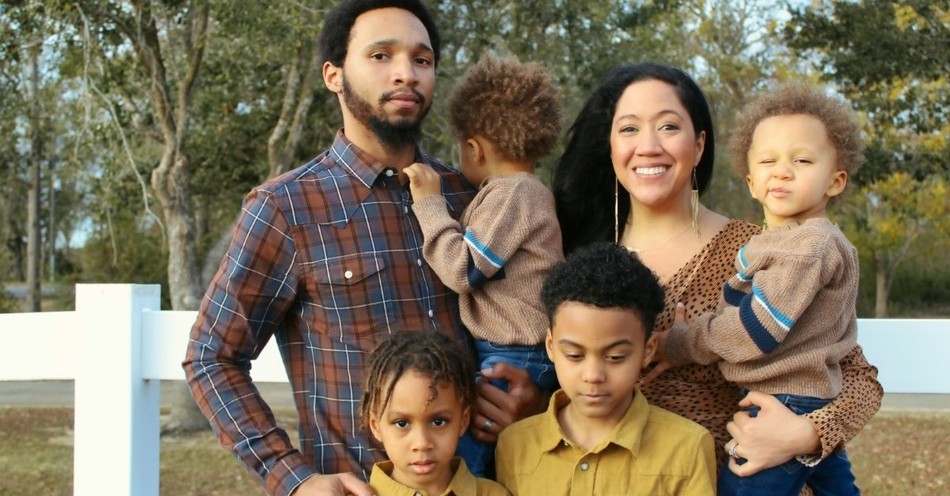Christianity.com: Popular Topics Related to Marriage
Below is a collection of some of the most viewed and frequently explored topics on Christianity.com related to marriage. These articles cover a wide range of biblical insights, practical advice, and faith-based reflections.
Table of Content
Communication & Emotional Health
Support your relationship through spiritual and practical advice on communication, connection, and love languages.
Forgiveness, Infidelity & Trust
Christian teachings on healing, trust-building, and forgiveness in the face of marital struggles.
Interfaith & Unequally Yoked Marriages
Find Christian perspectives on navigating relationships with differences in faith or denomination.
Marriage Bible Verses & Inspiration
Encouraging and faith-rooted Scripture for couples at every stage of the journey.
Marriage FAQs & General Guidance
Answers to common questions about marriage from a biblical and practical perspective.
Marriage Parables & Symbolism
Dive into the biblical symbolism and teachings behind Jesus' parables involving weddings and feasts.
Marriage Vows & Traditions
Learn about traditional and biblical vows, and the significance of marriage customs in Christian faith.
Pre-Marriage Boundaries & Sexuality
Explore biblical guidance on intimacy, physical boundaries, and purity before marriage.
Separation, Divorce & Remarriage
Faith-based views on divorce, separation, and second marriages in light of Scripture.
Spiritual & Theological Teachings on Marriage
Understand marriage through the lens of God's purpose, creation, and covenant.
Wedding Prayers & Blessings
Discover heartfelt prayers and blessings for weddings and married life. Perfect for ceremonies or daily reflection.















.png)
